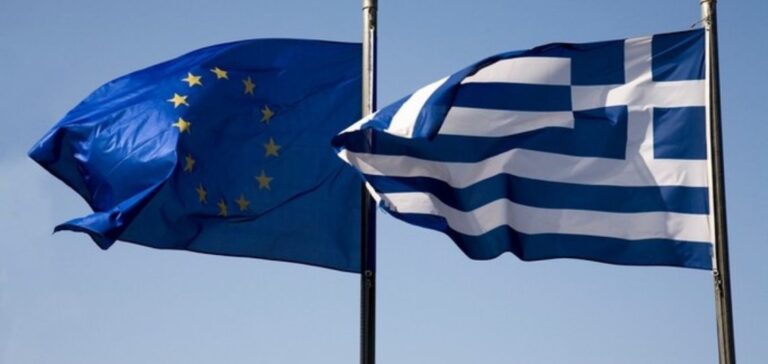Greece will benefit from the Recovery and Resilience Facility (RRF) to support its energy transition.
341 million euros allocated to Greece
The amount will allow the country to accelerate the construction of storage for the power grid. Vice President Margrethe Vestager explains the Commission’s decision:
“Increasing the amount of electricity storage capacity available in the system is essential to make grids more flexible and better prepared for a future in which renewables are the backbone of the decarbonized electricity mix. The Greek support measure we approved today, which will be partly funded by the Recovery and Resilience Mechanism, will help develop competitive markets for power system services, while helping Greece meet its emission reduction targets.”
Helping a destabilized economy
Greece is one of the European economies most dependent on fossil fuels according to the OECD. However, the country is experiencing a remarkable decline in carbon emissions largely due to its economic recession.
Despite this, Greece is an increasingly vulnerable territory to rising waters. In fact, its islands are directly threatened, which has a negative impact on tourism. Since 2020, the country has been criticized by environmentalists who deplore the government’s hydrocarbon exploration policies.
The Ukrainian crisis has further accentuated its difficulties. It should be noted that at the beginning of the crisis it was 40% dependent on Russian gas and 25% on oil. Solution: Greece proposes to double its coal production. It is also banking on other alternatives such as the opening of a 205 MW solar park in April.
While the opening of coal mines and negotiations are resuming for the delivery of oil from Israel in particular, the country is facing many criticisms. In fact, the population, already fragile, has suffered a 75% increase in the cost of energy.
Two phases of assistance
The Commission plans for the country, the establishment of 900 MW of storage assets through tenders. This is a fast-track project, since it must be completed before 2025 to meet the country’s supply needs.
The assistance will be granted in two installments. A subsidy on investments first, during the construction phase of the projects, and then a long-term support (10 years) while the operation stabilizes.
It will accelerate the transition to renewable energies by providing infrastructure to balance the instability of their production. In this way, they will eventually be able to reduce energy prices in favor of consumers.
The Commission had approved the granting of similar aid to Italy through the same mechanism. The measure was intended to support the exploitation of biomethane for the energy sovereignty of the country. With the RePowerEU plan, the European Union reacts to its problems. It intends to reassure its energy sovereignty, diversify its energy sources and make them clean and economical.






















